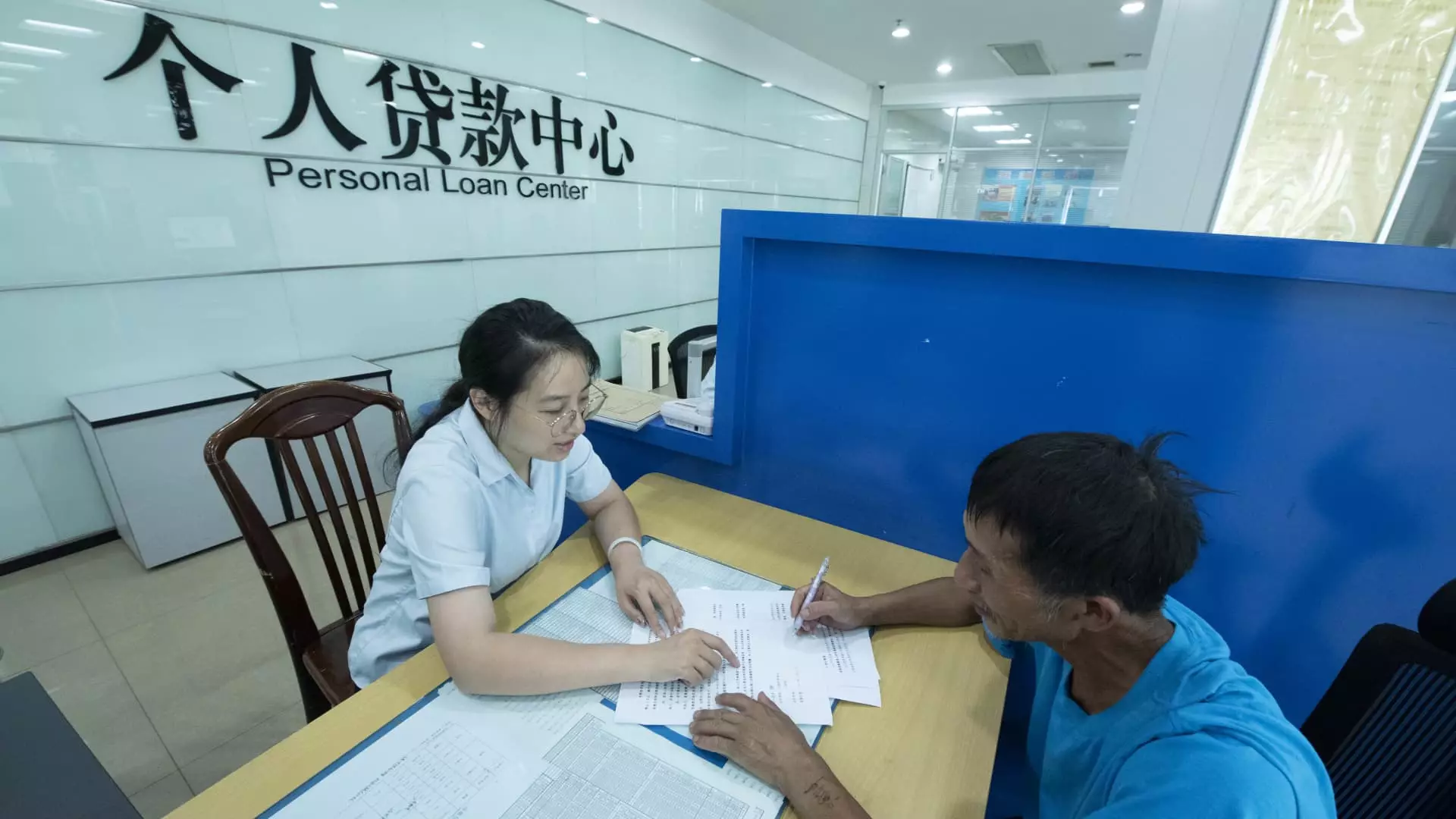China’s housing market continues to face challenges, as government stimulus efforts have fallen short in reviving the sector. JPMorgan’s Chief China Economist, Haibin Zhu, believes that the housing market crash is far from over and predicts that home prices will not stabilize until at least 2025. Recent data shows that new home sales in major Chinese cities have seen a minimal increase of 0.11% from the previous month, indicating a gradual slowdown in growth. Additionally, resale home prices have experienced a decline of 0.71% month-on-month and substantial drops of 1.76% and 6.89% from a year ago for new and resale houses, respectively.
Despite efforts by the Chinese government to address the housing market crisis, skepticism remains regarding the effectiveness of proposed stimulus measures. Bloomberg reported that China is considering a plan to lower homeowner borrowing costs by allowing refinancing on up to $5.4 trillion in mortgages. While some believe that this measure could stimulate consumer spending, others, like Winnie Wu of BofA Securities, argue that it may have unintended consequences. Wu highlights that lower mortgage rates could lead to banks reducing deposit rates to maintain financial stability, affecting interest income on household savings. Moreover, the mortgage refinancing initiative is not expected to significantly boost new home demand, according to JPMorgan’s Zhu.
The outlook for China’s housing market remains uncertain, with experts warning of prolonged softness in the sector. Zhu’s forecast of home prices not stabilizing until 2025 suggests that the market is in for an extended period of adjustment. The current challenges facing the housing market, including declining prices and limited consumer confidence, indicate that further measures may be necessary to support the sector. As the government evaluates different stimulus options, it will be crucial to consider the long-term implications and potential risks associated with each policy decision.
China’s housing market is likely to continue facing difficulties in the coming years, despite ongoing efforts to stimulate growth. The need for comprehensive and effective measures to address the root causes of the crisis is essential to ensure the stability and sustainability of the housing sector in the long run.

